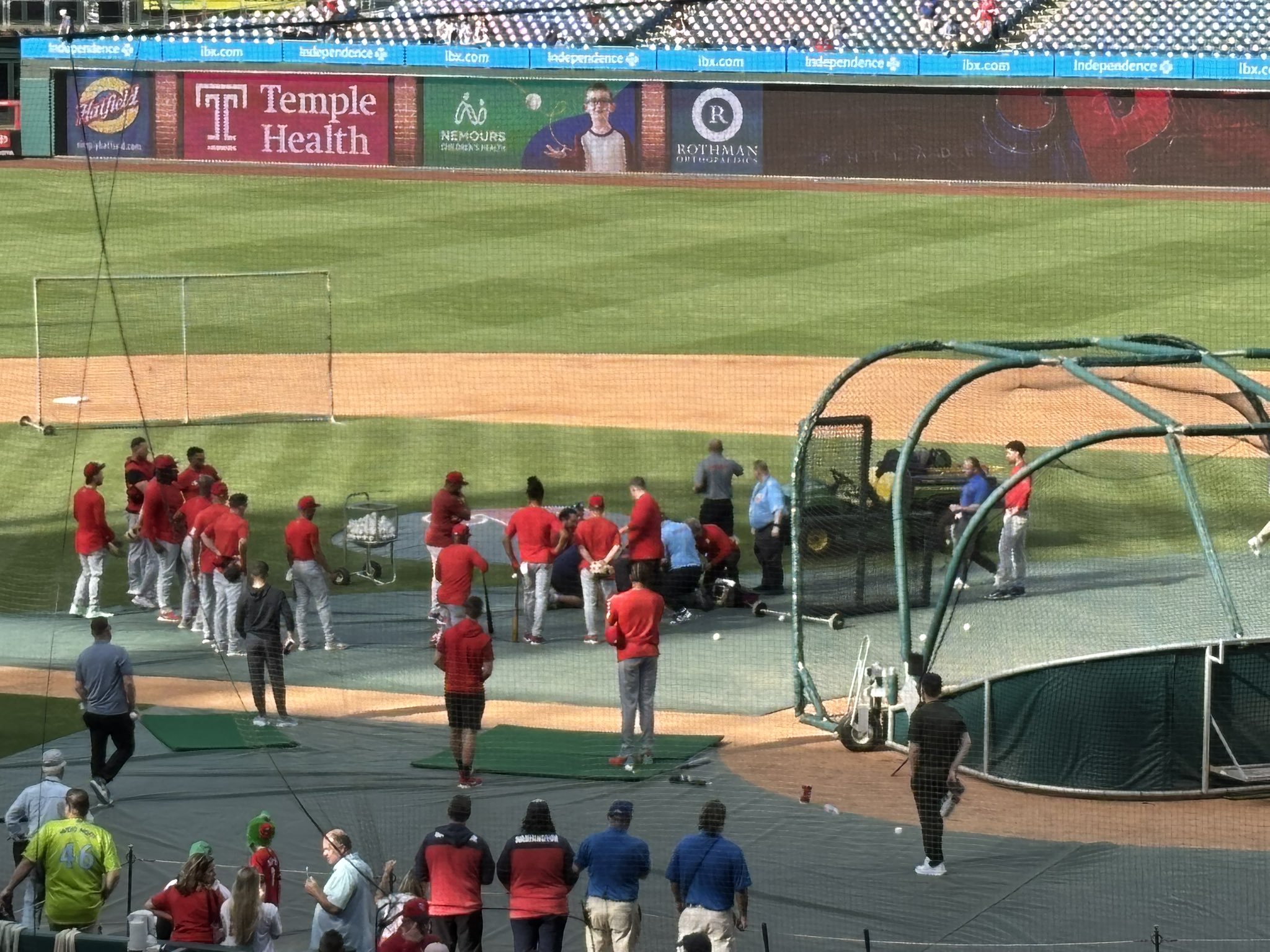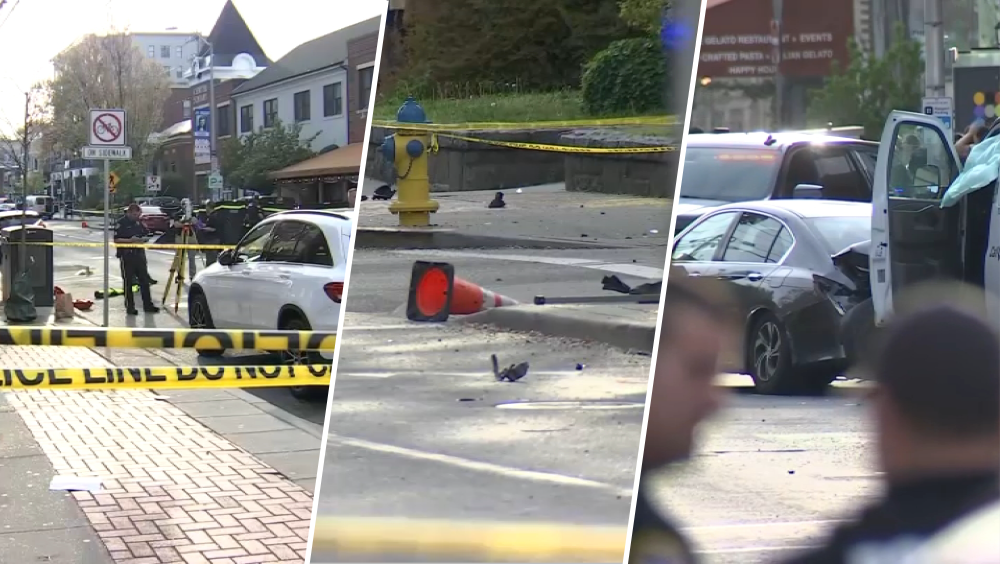
A local lawmaker says he’s going to introduce a bill that would extend the sale of liquor in Pennsylvania from 2 a.m. to 4 a.m.
Will the last call for alcohol soon be two hours later for Pennsylvania? That’s what one Philadelphia lawmaker is proposing.
State Representative Jordan Harris (D-Philadelphia) announced Monday he plans to introduce legislation that would amend the Liquor Code to allow businesses to apply for extended use permits. Those permits would authorize the sale of alcohol in Pennsylvania from 2 a.m. to 4 a.m.
"This legislation would create a more attractive Pennsylvania and further a goal of appealing to young professionals and millennials who can greatly improve our local economies," Harris said. "Philadelphia especially has lagged behind other major cities within a short radius as far as nightlife is concerned, and this bill would put our city on par with some of the largest cities in the country as far as having a healthy, vibrant nightlife.”
The legislation would charge a business 10 percent of the yearly fee it pays to have a liquor license to have an extended permit license. Fifty percent of that total would go to the municipality while the other half would go to the State Stores Fund.
"Philadelphia, Pittsburgh and cities in between are world-class cities of higher education and we need to create an environment where the nightlife encourages young people who become educated here to stay in our Commonwealth to live, work and play,” Harris said. “While I understand nightlife isn’t the only concern for those making a decision on whether to stay in cities across Pennsylvania or move, I do know that it is a concern, one that we can fix, enhance and as a city, benefit from."
Harris’ legislation also requires that at least one public hearing be held by the municipality for public input. Harris says the municipality would be able to refuse to issue a license based on the standing of the business or if the extended use permit would impact the welfare, health, peace or morals of the town or its residents.
"Specifically in Philadelphia, these permits will not be targeted as something local neighborhood bars would be applying for, but more along the lines of economic development drivers in areas that attract more tourism, such as Delaware Avenue and other areas of entertainment," Harris said. "Ideally this legislation would encourage people out of local neighborhood bars earlier and to these areas to continue their nightlife. This is not a mandate which must be acted on, but gives local governments another means to bring revenue into the state."
Local
Breaking news and the stories that matter to your neighborhood.
The plan would need to go through the statehouse and be signed by Governor Wolf in order to take effect.



